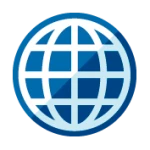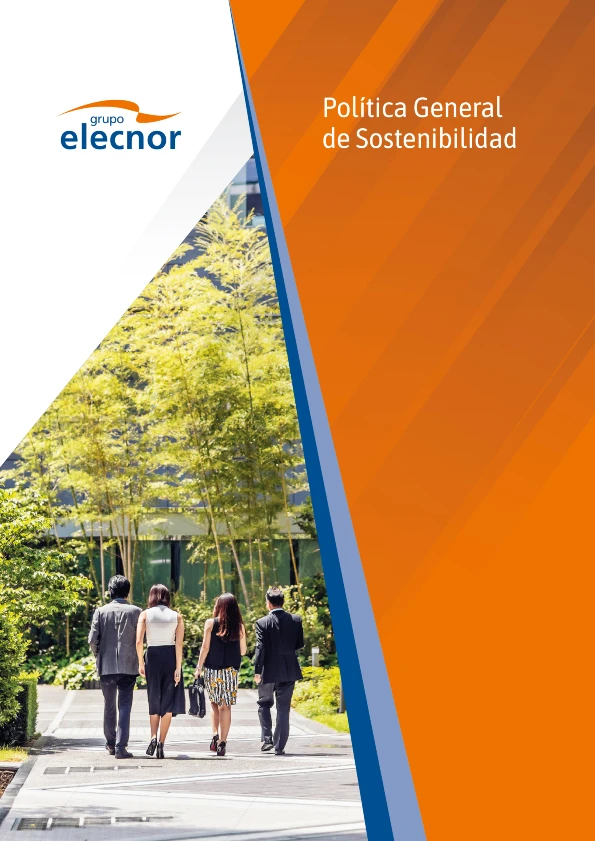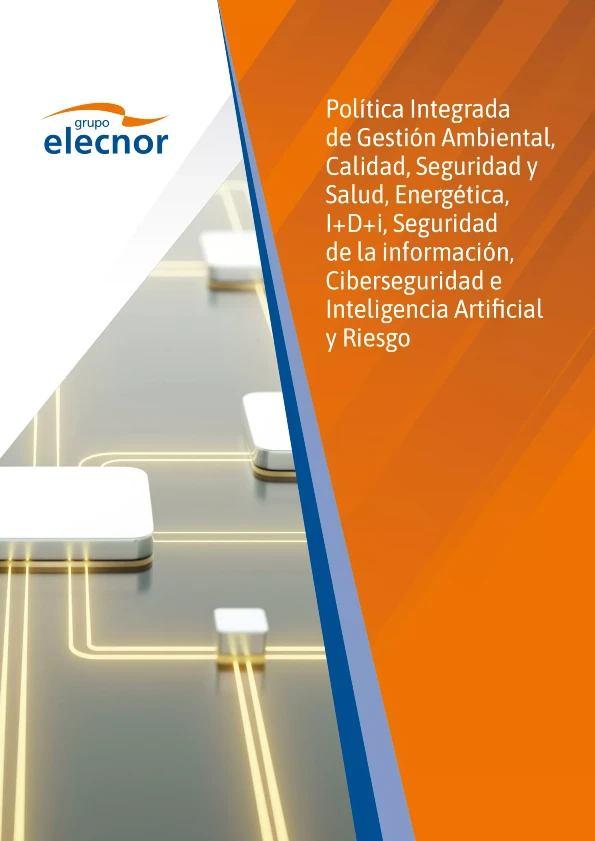A historical recap
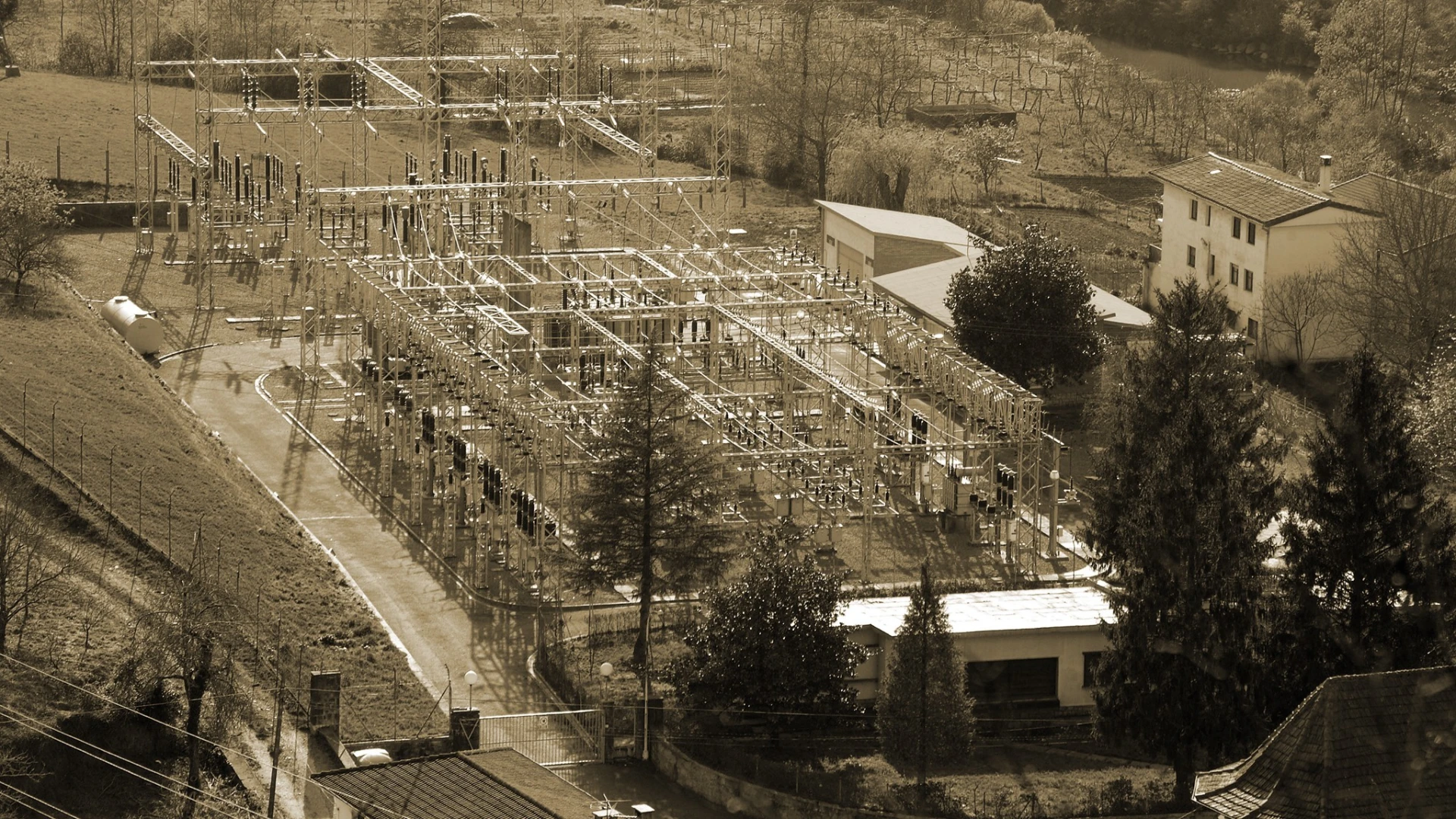
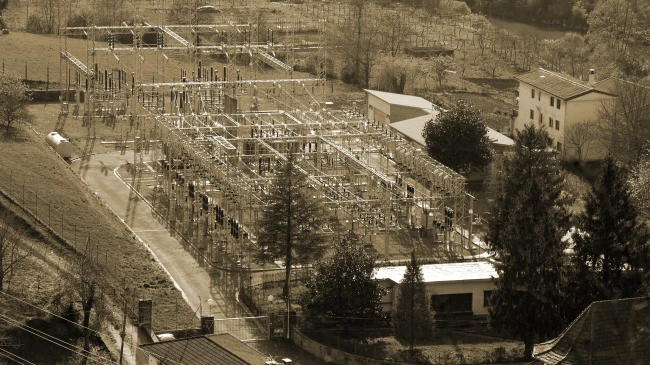
A historical recap
- THE '60S
- THE '70S
- THE '80S
- THE '90S
- 21ST CENTURY
Elecnor Group was established on 6 June 1958 by a group of Spanish businessmen who today are still the main shareholders, even after more than 50 years of endeavour.
First concentrating on the electricity sector (lines, substations, lighting, and systems), it soon spread out into another business area, telecommunications, and started its expansion by creating its first Spanish subsidiary, Postes Nervión (currently Adhorna), involved in engineering and applications for prefabricated products.
Its first foreign subsidiary was also formed, Elecven (Electrolíneas de Venezuela), the first milestone in its international calling, always one of the hallmarks of the Group.
Elecnor Group kept on growing through the 1970s thanks to its four-fold strategic approach: geographical expansion, diversification of its activities and clients, foreign markets, and bringing in talent.
By now its business activities had spread out to cover the whole of Spain, and it started working in conventional and hydroelectric power generation and nuclear power, where it garnered major contracts.
It continued to work in the telecommunications sector and began to develop its own proprietary industrial control system technology.
In 1975 it formed Elecdor (Ecuador), its second foreign subsidiary, and in 1976 it launched Internacional de Desarrollo Energético (IDDE) [International Energy Development], focusing on marketing and securing financing for its international projects.
Three years later, in 1979, it entered the Brazilian market by forming Elecnor do Brasil.
In the early part of the 1980s, Elecnor Group increased its international presence by obtaining its first contracts in Africa. Its first was a turn-key project in Ivory Coast, quickly followed by more projects in Cameroon, Senegal, and Burkina Faso. While expanding through French-speaking Africa, Elecnor Group began working in the Dominican Republic, completed the Guatemala-El Salvador interconnection, won major contracts in Honduras, and so gained a permanent presence in Central America.
It became active in the railway infrastructure sector in Spain during that period, working on overhead line systems, and it also became a major player in the gas industry.
Supported by its
Industrial IT Division, in 1987 it formed Cegenor, later Cosinor, as
a business specialising in Control Systems.
Its international business continued to grow throughout the 1990s, and the number of countries where it had subsidiaries grew apace. Subsidiaries were formed in Portugal (Omninstal), Argentina (Elecnor Argentina), Mexico (Elecnor México), Uruguay (Montelecnor), and Chile (Elecnor Chile), to name just a few.
Midway through the decade, Elecnor Group broke into the environmental sector. It created a Business Development Division dealing especially with that area and took a majority stakeholding in another company, Hidroambiente.
Continuing its
diversification strategy, in 1997 it decided to form a new company,
Enerfín, as a developer and investor in the wind power market, and
its market share has been growing ever since, especially in recent
years. Its first projects in the region of Galicia in Spain were
followed by more in other parts of Spain as well as in Canada and
Brazil, where it operates the largest wind farm in the Southern
Hemisphere.
The new century began an important period in the Elecnor Group's history. Faithful to its roots, it strengthened its positions in the traditional markets of electrical, gas, and telecommunications services, taking on a leading role in those sectors.
In railway infrastructure, a pivotal technology project that was first initiated in 1994 came to fruition, when the Group, together with other Spanish companies, was awarded the contract to carry out electrification of the high-speed railway line between Madrid and Barcelona.
The business of operating electric power transmission system concessions has turned into one of the cornerstones of the Group over this period, in which it has built and is operating concessions in Brazil and Chile. The company's strategy of taking concessions has spread into other market sectors like wastewater treatment plants and renewable energy.
Elecnor decided to pursue its activities in the fields of engineering, building, and hydraulic projects as a separate business area and so acquired Ehisa Construcciones y Obras in 2001. In that same year it also founded Deimos Space, the flagship of what today is Elecnor Deimos.
Its achievements in the fields of wind power and photovoltaic solar energy have placed Elecnor at the forefront of renewable energies both in Spain and abroad. The Group acquired Atersa in 2004, and its photovoltaic solar energy business took off and has been growing exponentially of late.
Internationalisation has continued, with the acquisitions of IQA, in United Kingdom, and Belco and Hawkeye in USA.
In 2021, the Elecnor Group carried out a project to spin off a branch of activity in order to adapt its corporate structure to the operating reality. The company Elecnor, S.A. spun off the Essential Services and Sustainable Projects branch of activity, known as Elecnor Infraestructuras, into a new company called Elecnor Servicios y Proyectos, S.A.U. Elecnor, S.A. continues to be the listed parent company of the Group and three companies report to it: Elecnor Servicios y Proyectos, S.A.U., Enerfín Sociedad de Energía, S.L.U. and Celeo Concesiones e Inversiones, S.L.
Summing up, a lengthy tradition of uninterrupted growth and diversification has turned Elecnor Group, with a history spanning more than 60 years, into one of the leading business groups in its sectors of activity.


